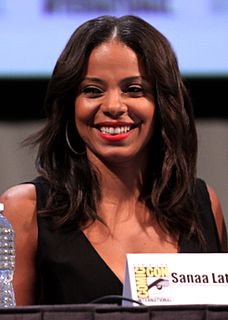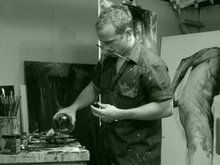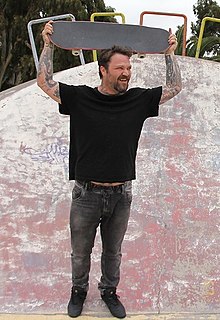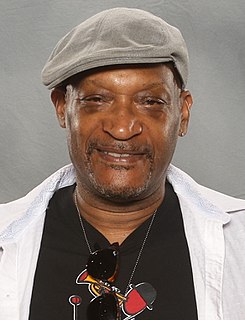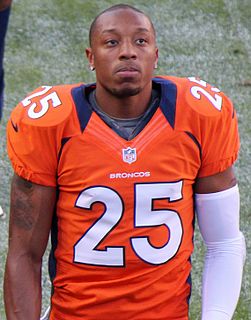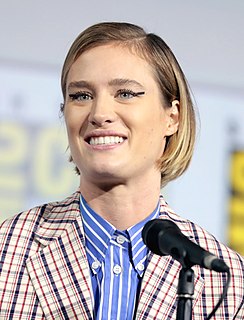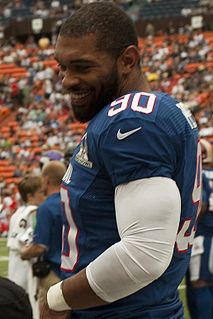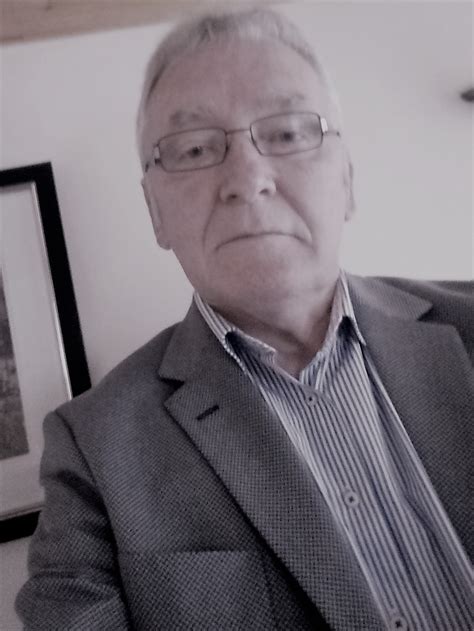A Quote by Todd Haynes
In male-driven [films], the protagonist is not the person who's necessarily in harms way. There's a sense that they're going to figure out how to persevere and take on the obstacles and foes and you don't necessarily know if that's going to happen with the subjects of love stories.
Related Quotes
Being in relationship is not living in a fantasyland and don`t think that everything's going to be perfect all the time. You will go through phases where you're just not getting along. You're not communicating well. That's going to happen, and it's going to feel impossible to you sometimes. It might not even make sense to you sometimes. Arguments are normal. You have to be patient and sit through that and remember that this is a part of human communication and interaction. You're going to have these conflicts with anyone. It's not necessarily just that person.
During your lifetime, the people of our culture are going to figure out how to live sustainably on this planet--or they're not. Either way, it's certainly going to be extraordinary. If they figure out how to live sustainably here, then hum anity will be able to see something it can't see right now: a future that extends into the indefinite future. If they don't figure this out, then I'm afraid the human race is going to take its place among the species that we're driving into extinction here every day--as many as 200--every day
You don't necessarily have to go to film school to be a brilliant film maker. If you are a good listener and you study life, and you find that story that is buried within each and every one of us, and you figure out a way to bring that out. And sometimes it doesn't necessarily mean money or winning the lottery.
None of our films look alike, we are very dialectical in our approach to each one, and 'Hoop Dreams' was no exception. That's what I love about documentary filmmaking, we never know where the story is going, we don't know what is going to happen next, and we're inside a culture of people that you have to figure out in many ways. It's a relationship between what you thought might have been the story, and what happens in the 'field.' Out of that comes the story, which was exactly what happened with 'Hoop Dreams.'
That's what I love about documentary filmmaking, we never know where the story is going, we don't know what is going to happen next, and we're inside a culture of people that you have to figure out in many ways. It's a relationship between what you thought might have been the story, and what happens in the 'field.'
I think that knowing where you're going is important, and it's not like, when Robert says that, it's not like we know what every episode of the next five, four, five, six seasons of the show is going to be. I think Matt Weiner knew how Mad Men was going to end. Vince Gilligan knew how Breaking Bad was going to end. Marc Cherry knew how Desperate Housewives was going to end. Along the way, the process of crafting those stories ... You don't know what the road, what twists and turns that road is going to take to ultimately get you there.

